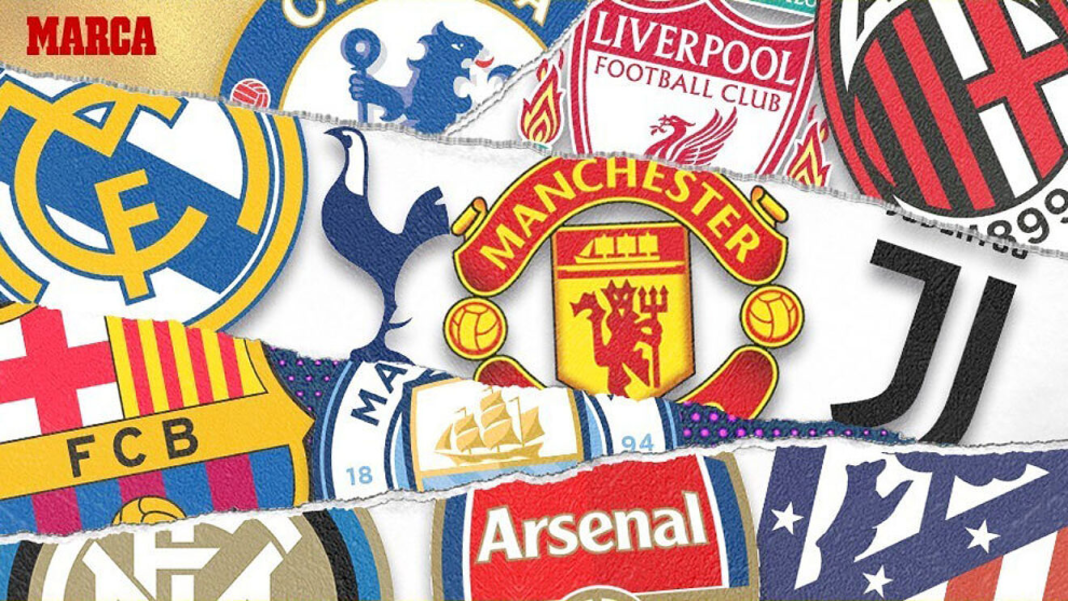By Ben Leschensky
Reporter
It was over before it began.
The Super League, a proposed new soccer competition in Europe, didn’t last long after being announced on Sunday, April 18th. The league, which would’ve featured top European clubs including Chelsea, Barcelona, Real Madrid, Manchester United, and Juventus (among others), was proposed as an alternative to the current economic model for European soccer competitions. It failed spectacularly after massive uproar from soccer fans around the world.
The announcement on the 18th sparked opposition from fans, players, governments, and governing soccer bodies alike, angered by the elitist nature of the breakaway league. Boris Johnson, Prime Minister of the U.K., was one of the prominent voices to speak out against the proposed league, which would’ve brought in billions of euros for the member clubs but devastated national leagues and competitions left out.
On Monday, April 19, UEFA – the Union of European Football Associations – publicly condemned the proposed league. They threatened that clubs and players alike would face harsh consequences for participating in the breakaway league, including being barred from participating in domestic or international competitions. Their threats, paired with the public backlash, worked.
On Tuesday, April 20th, London club Chelsea was set to play fellow English club Brighton, but hordes of fans stormed the grounds of Stamford Bridge and the teams were unable to make it to the stadium to play. The uproar by Chelsea supporters led to the club announcing they were leaving the Super League, which prompted celebrations among Chelsea supporters. Not soon after Chelsea’s announcement, all 5 of the fellow English Clubs (Manchester City, Manchester United, Liverpool, Arsenal, and Tottenham) announced they too were leaving the competition. Fellow founding clubs Atlético Madrid, Inter Milan, AC Milan, and Juventus all dropped out on Wednesday, April 21, and the league has since suspended operations.
The proposed league would’ve directly challenged the Champions League, the current European tournament for the continent’s best teams. According to a press release provided by the Super League, the league format would be as follows:
“An August start with clubs participating in two groups of ten, playing home and away fixtures, with the top three in each group automatically qualifying for the quarter finals. Teams finishing fourth and fifth will then compete in a two-legged play-off for the remaining quarter-final positions. A two-leg knockout format will be used to reach the final at the end of May, which will be staged as a single fixture at a neutral venue.”
This format is nearly identical to the Champions League, but only the member clubs would reap the financial rewards. According to the press release, the Super league expected over €10 billion would be generated in the new format over the next 23 years, with each club receiving €3.5 billion upfront “in exchange for their commitment” to the league.
While the league was disbanded and no plans are in place to resurrect the league, the founding teams face punishment from UEFA and their respective domestic leagues. According to a statement from the English Football Association, “Last week, we started an official inquiry into the formation of the European Super League and the involvement of the six English clubs. “We wrote to all of the clubs to formally request all relevant information and evidence regarding their participation. Once we have the required information, we will consider what appropriate steps to take. Clearly what happened was unacceptable and could have caused great harm to clubs at every level of English football.” Similar inquiries are expected of the other teams.


















